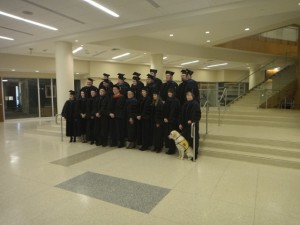Imprisonment Trends in the Heartland
A draft of my new article, “Mass Incarceration in the Three Midwestern States: Origins and Trends,” is now available on SSRN. Here’s the abstract:
This Article considers how the mass incarceration story has played out over the past forty years in three medium-sized Midwestern states, Indiana, Minnesota, and Wisconsin. The three stories are similar in many respects, but notable differences are also apparent. For instance, Minnesota’s imprisonment rate is less than half that of the other two states, while Indiana imprisons more than twice as many drug offenders as either of its peers. The Article seeks to unpack these and other imprisonment trends and to relate them to crime and arrest data over time, focusing particularly on the relative importance of violent crime and drug enforcement as drivers of imprisonment growth.
The article builds on my series of “Tale of Three States” blog posts from about a year ago. It will appear in print later this year in a symposium issue of the Valparaiso Law Review.

